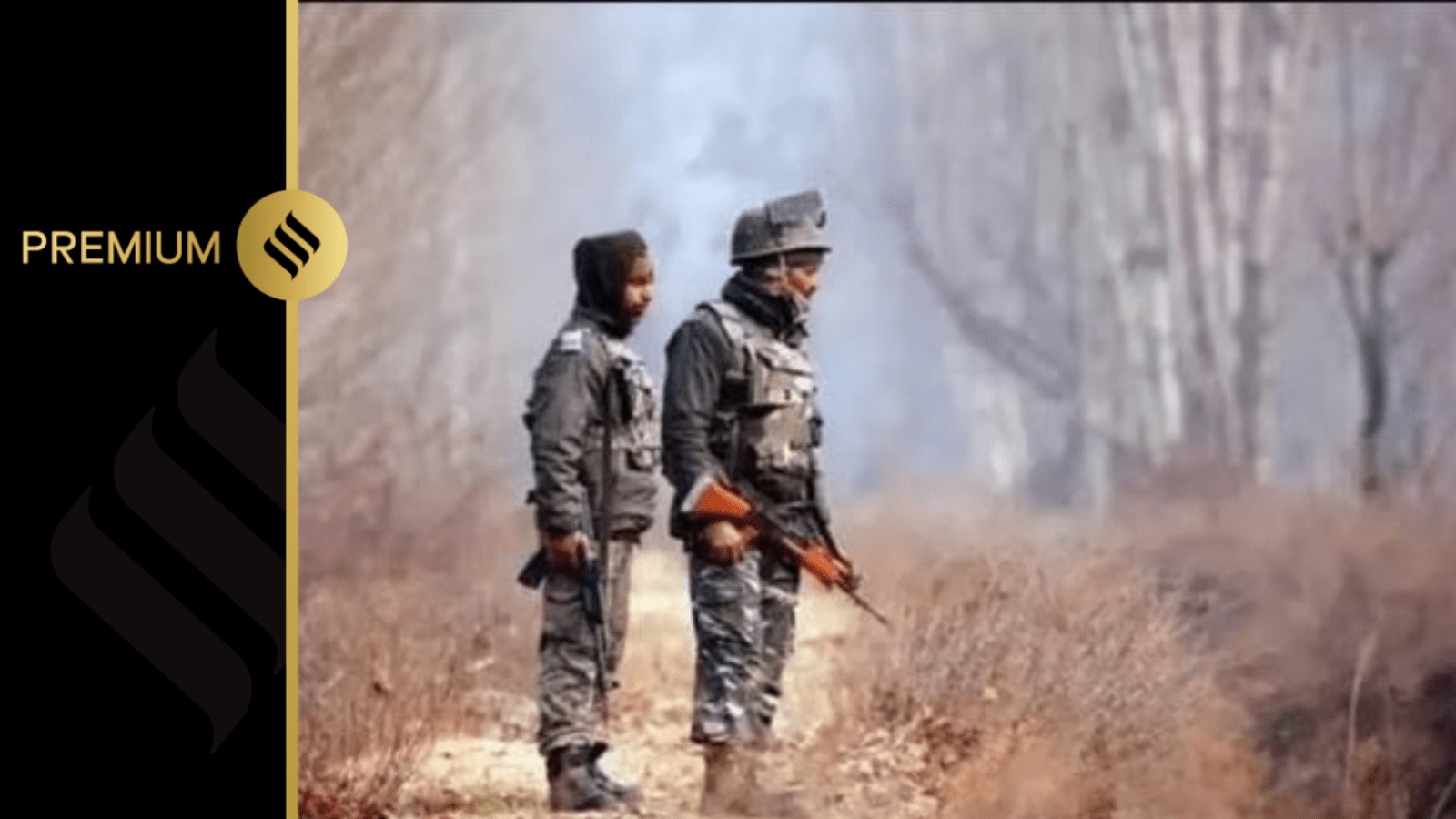ARMY has continued to deploy its troops on a stronger counter-infiltration grid due to the lack of heavy snowfall in the higher reaches of the Kashmir Valley, officials familiar with the development told The Indian Express.
According to sources, due to the lack of heavy snow all infiltration routes have continued to remain open during the winters and infiltration bids have continued to take place. Intelligence inputs have stated that a large number of militants have continued to remain active in the launchpads across the Line of Control (LoC) to exploit the extended infiltration period.

Usually, winters in the Valley are marked by heavy snowfall making movement difficult, thus reducing infiltration from across the LoC. The conventional threat also goes down as sustained operations over snow are difficult.
The tree cover also gets reduced thereby making it easier to spot the infiltrators using surveillance devices, even during the night.
The Army, as part of its winter strategy, usually pulls back some of the troops deployed along the LoC fence and employs them in counter-terrorism operations in the hinterland. “However, this has not taken place this year and the counter-infiltration posture continues to be as dense as it is in the summers,” an official said.
The winter months also see the militants moving out from their hideouts in the heights and moving closer to the population bases, increasing chances of intelligence-based operations and the possibilities of a contact.
“Additionally, the snow also adversely affects the logistics of the terrorists whose dependence on the local population increases. For any movement, they stick to the standard roads and tracks, thereby increasing chances of an encounter at any mobile check posts,” the official said.
Story continues below this ad
The lack of snow has kept trans-Pir Panjal range routes open, thus enhancing the need to keep troops deployed on the mountain range to deny access to the Valley from the Poonch-Rajouri belt.
“Due to the continuing deployment of troops at the higher reaches, the winter operations have been affected,” a second official confirmed.
While the higher reaches of J&K have seen little snowfall, the temperatures have continued to plummet making operations difficult. However, passes like the Zoji La are still open for movement.
A total of 71 militants were killed in J&K in 2023, including 52 in the Valley.
Story continues below this ad
Earlier this month, Army Chief General Manoj Pande had said that the situation in the Valley is getting normal, even as India’s adversaries have been active in abetting terrorism, encouraging militant groups to operate in the Rajouri-Poonch belt. The Valley has seen a greater number of militant ambushes, even as the areas south of the Pir Panjal range have seen more high impact terror incidents.
Official data of the past three years also reflects this. While seven soldiers were killed in Kashmir, 20 were killed in ambushes in the Rajouri-Poonch belt in the past three years.
According to officials, there is a significant reduction in the number of militants in the Valley post winters due to lack of infiltration and successful operations by security forces.
The security forces are, however, now preparing to tackle increased levels of terror activities during the summers.









